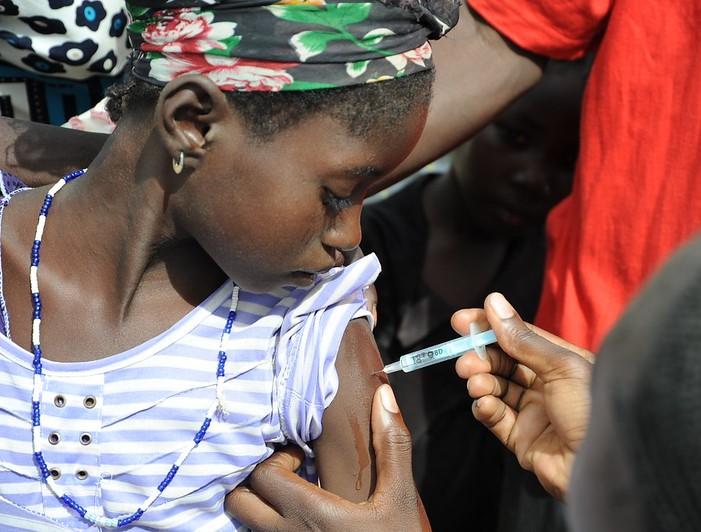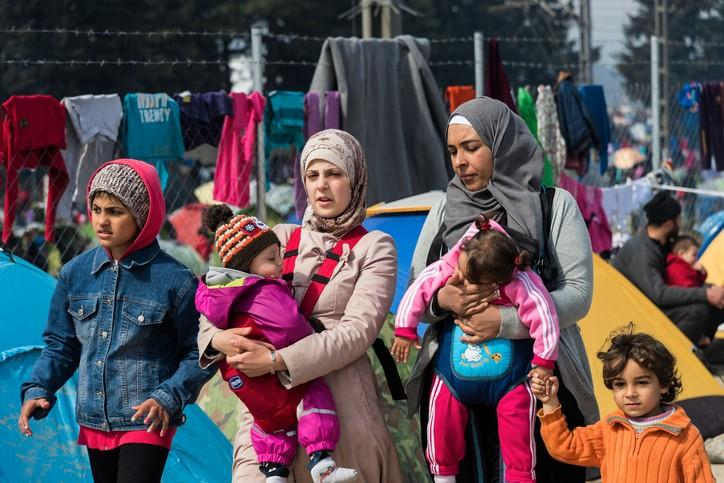
The Wellcome Trust last week released a new report on the role that vaccines can play in tackling antimicrobial resistance (AMR).
The report summarizes the findings from 11 Wellcome-funded research projects that aimed to fill critical evidence gaps on vaccines and AMR, particularly in low- and middle-income countries. A World Health Organization (WHO) modeling study published in 2024 estimated that vaccines could avert more than half a million deaths from drug-resistant infections annually, cut AMR-related healthcare costs and productivity losses by billions of dollars, and reduce the number of antibiotics needed to treat infections by 2.5 billion doses annually. The 11 projects looked at real-world data on how vaccines can combat AMR across different pathogens, settings, and research methods.
The report reveals that the relationship between vaccination and its impact on AMR is "rarely straightforward." For example, evidence from flu, typhoid, pneumococcal, malaria, and diarrheal disease studies indicate that vaccines can reduce antibiotic use, but inconsistently, with the effects varying by pathogen, settings, and healthcare system. In addition, vaccination affects microbial population dynamics, and the frequency of horizontal gene transfer, in different and unpredictable ways.
"As a result, it remains difficult to quantify how vaccination does affect antibiotic use or AMR gene prevalence," the report states. "Due to this uncertainty, it is challenging for policymakers to incorporate impact on AMR into decisions on how to use vaccines to best effect."
More data needed
The report also includes conclusions from a 2024 workshop where researchers and policy makers discussed the 11 projects. Their conclusions were that more real-world data is needed, along with agreed-upon protocols and standards for AMR data collection and analysis in vaccine studies. They also identified a need to prioritize policy-relevant evidence.
"Further empirical research which is embedded within vaccine trials and/or observational studies, and guided by policy and use needs, could close knowledge gaps and provide a clearer picture of how vaccination affects AMR in real-life contexts," the authors wrote. "This would provide greater clarity on the additional AMR-related public health value of vaccination."

%20(2).jpg)















